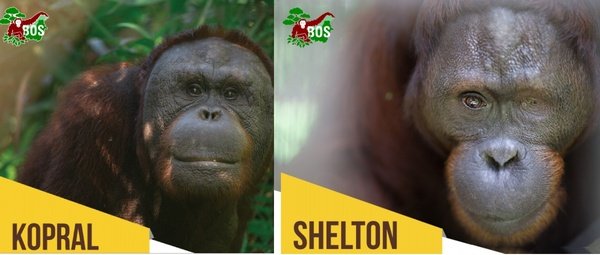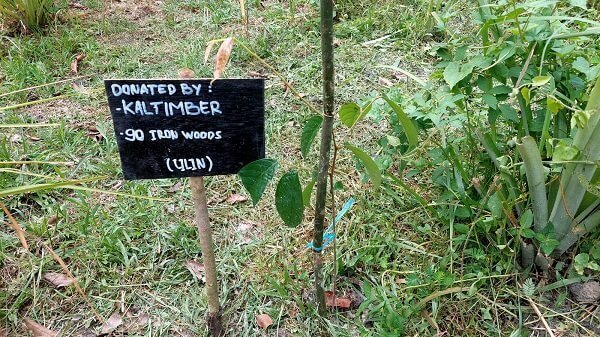Earth Day is celebrated annually on April 22nd as a day to raise awareness about environmental issues and encourage action to protect our planet. In Indonesia, a country with rich natural resources and biodiversity, Earth Day is particularly important.
One area that is especially worth highlighting is the island of Borneo, which is home to some of the world's most diverse and threatened ecosystems.
Borneo is the third-largest island in the world and is shared by three countries: Indonesia, Malaysia, and Brunei. The Indonesian part of the island, known as Kalimantan, is home to vast tropical rainforests, which are critical for the survival of many endangered species, including orangutans, tigers, and elephants. However, Borneo's forests are under threat from deforestation, illegal logging, and palm oil plantations.
Palm oil is a common ingredient in many household products, from cosmetics to food. However, its production has devastating effects on the environment. In Indonesia, the rapid expansion of palm oil plantations has led to widespread deforestation, which has resulted in the loss of habitat for endangered species and contributed to climate change. The clearing of forests also leads to the release of carbon dioxide, a greenhouse gas that contributes to global warming.
To combat these threats, many environmental organisations in Indonesia are working to protect Borneo's forests and wildlife. The Borneo Orangutan Survival Foundation, for example, is dedicated to the conservation of orangutans and their habitats. Kaltimber has partnered with this amazing organisation to sponsor two diffable orangutans. The organisation works to rehabilitate and release orangutans into the wild, as well as raise awareness about the importance of protecting the forests where they live.
Some amazing organisation who works to protect tropical rainforests in Indonesia and other countries. The foundation provides training and support to local communities to help them protect their forests and develop sustainable livelihoods. Kaltimber currently has a tree planting partnership with them.
In addition to the work of environmental organisations, individuals can also make a difference in protecting Borneo's ecosystems. One way to do this is to support sustainable palm oil production. Many companies now offer palm oil products that are certified sustainable by the Roundtable on Sustainable Palm Oil (RSPO). By choosing products made with sustainable palm oil, consumers can help to reduce the demand for palm oil produced through deforestation.
Another way to help protect Borneo's ecosystems is to reduce one's carbon footprint. One of the biggest contributors to carbon emissions is the use of fossil fuels for transportation. By using public transportation, biking, or walking instead of driving, individuals can significantly reduce their carbon footprint.
Finally, supporting ecotourism can also help to protect Borneo's ecosystems. By visiting national parks and other protected areas, travellers can contribute to local economies while also helping to support conservation efforts. When visiting Borneo, be sure to choose eco-friendly tour operators and accommodations that prioritise sustainable practices.
In conclusion, Earth Day serves as a reminder of the importance of protecting our planet's natural resources and biodiversity. In Indonesia, the island of Borneo is a particularly important area to focus on, as it is home to many endangered species and threatened ecosystems. By supporting sustainable practices, reducing one's carbon footprint, and supporting conservation efforts, we can all help to protect Borneo's forests and wildlife for future generations.






